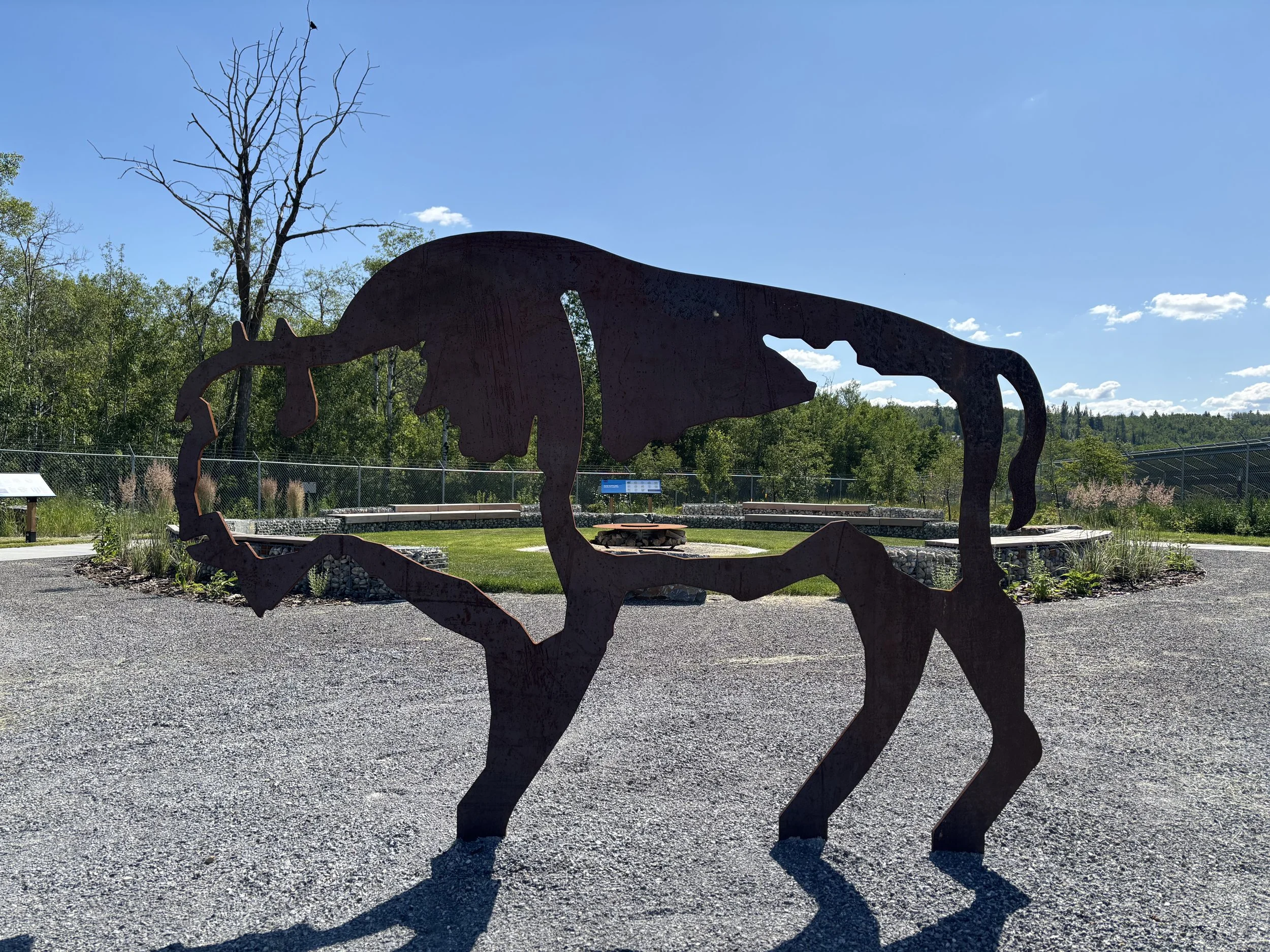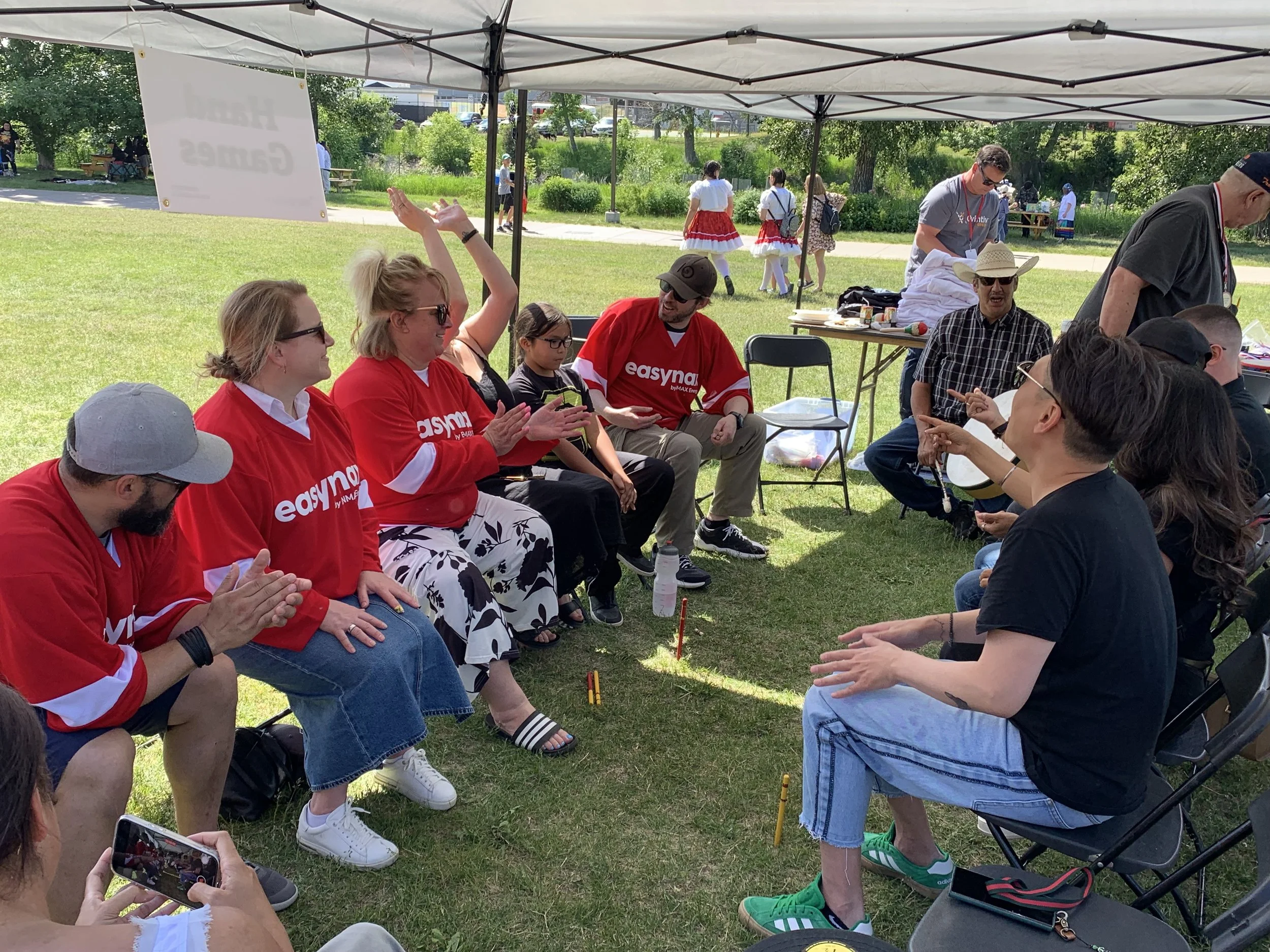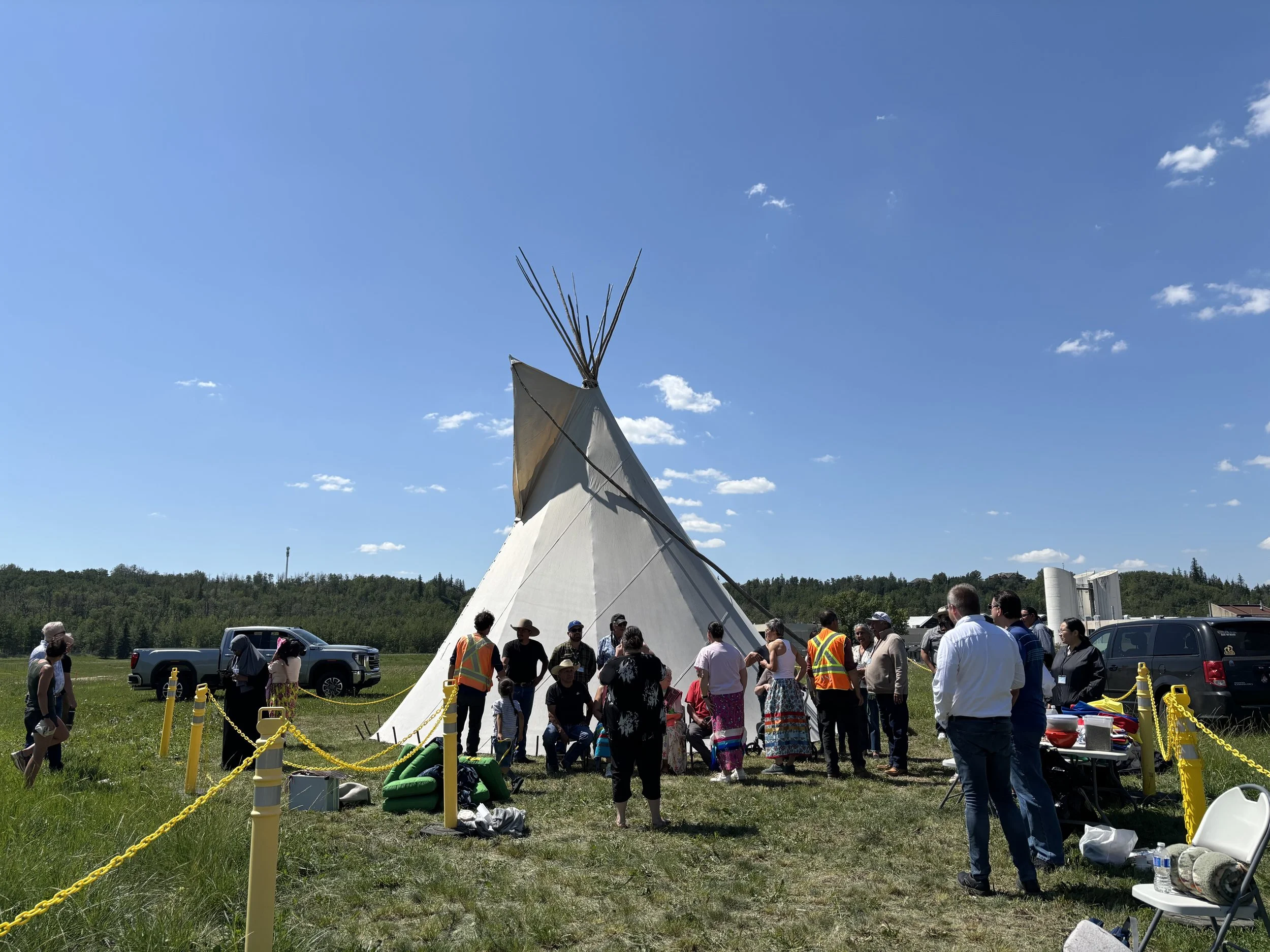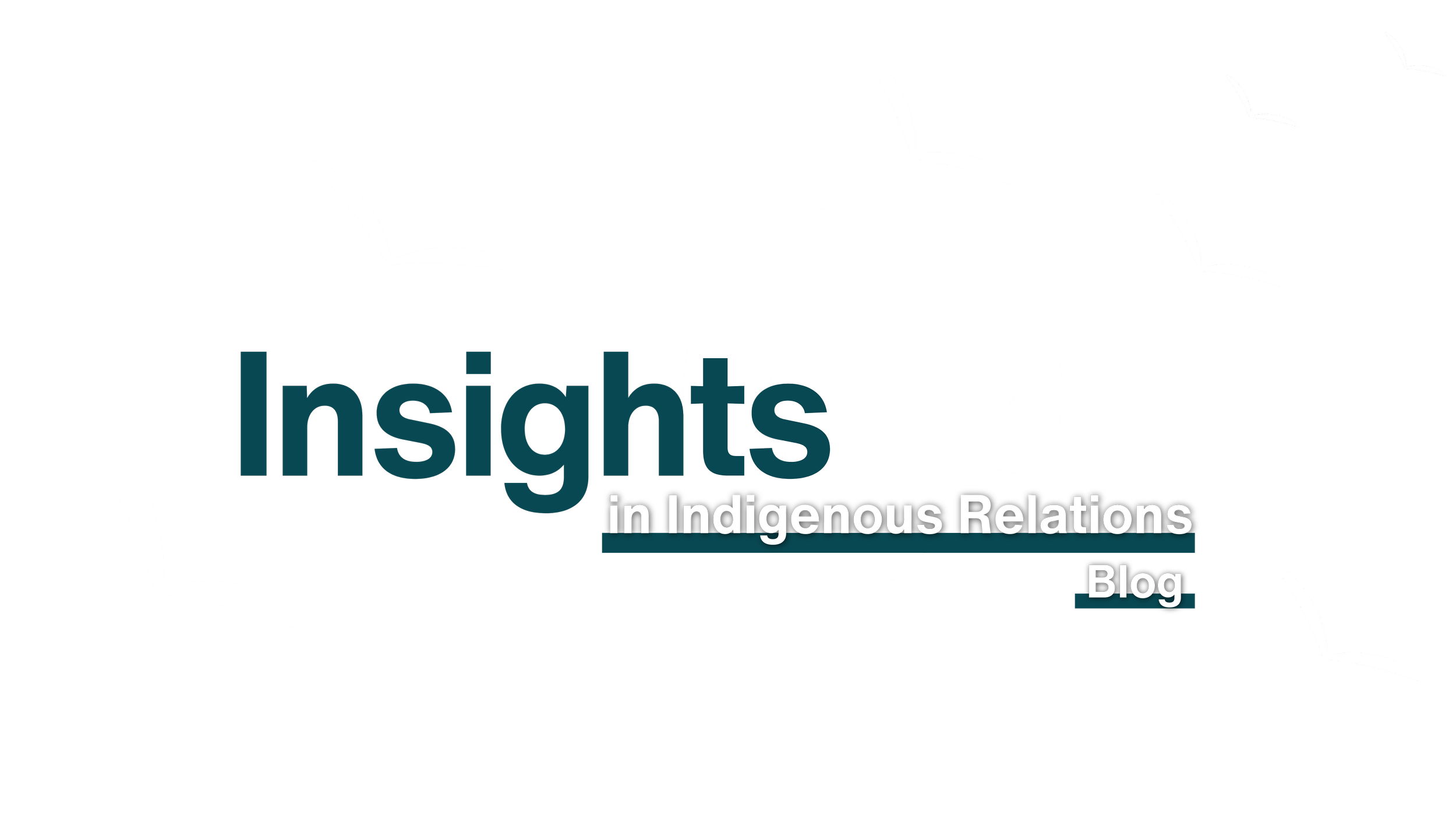

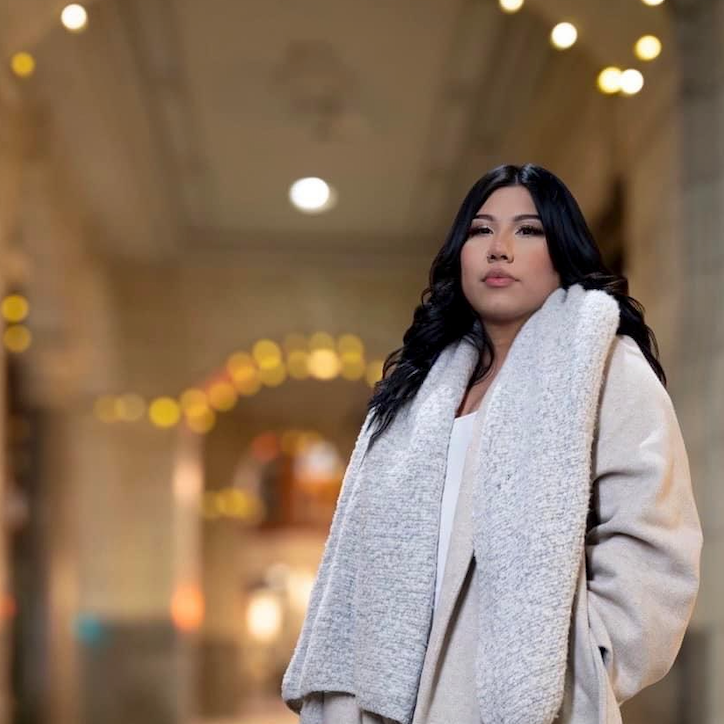
The Sixties Scoop: Why This History Still Matters
As the descendant of a Sixties Scoop Survivor, I have always been careful about how I speak about this history. I do not share my mother’s story on her behalf, and I do not attempt to summarize the full depth of trauma experienced by Survivors. Instead, I share from my own lived experience as someone shaped by the intergenerational impacts of the Sixties Scoop.
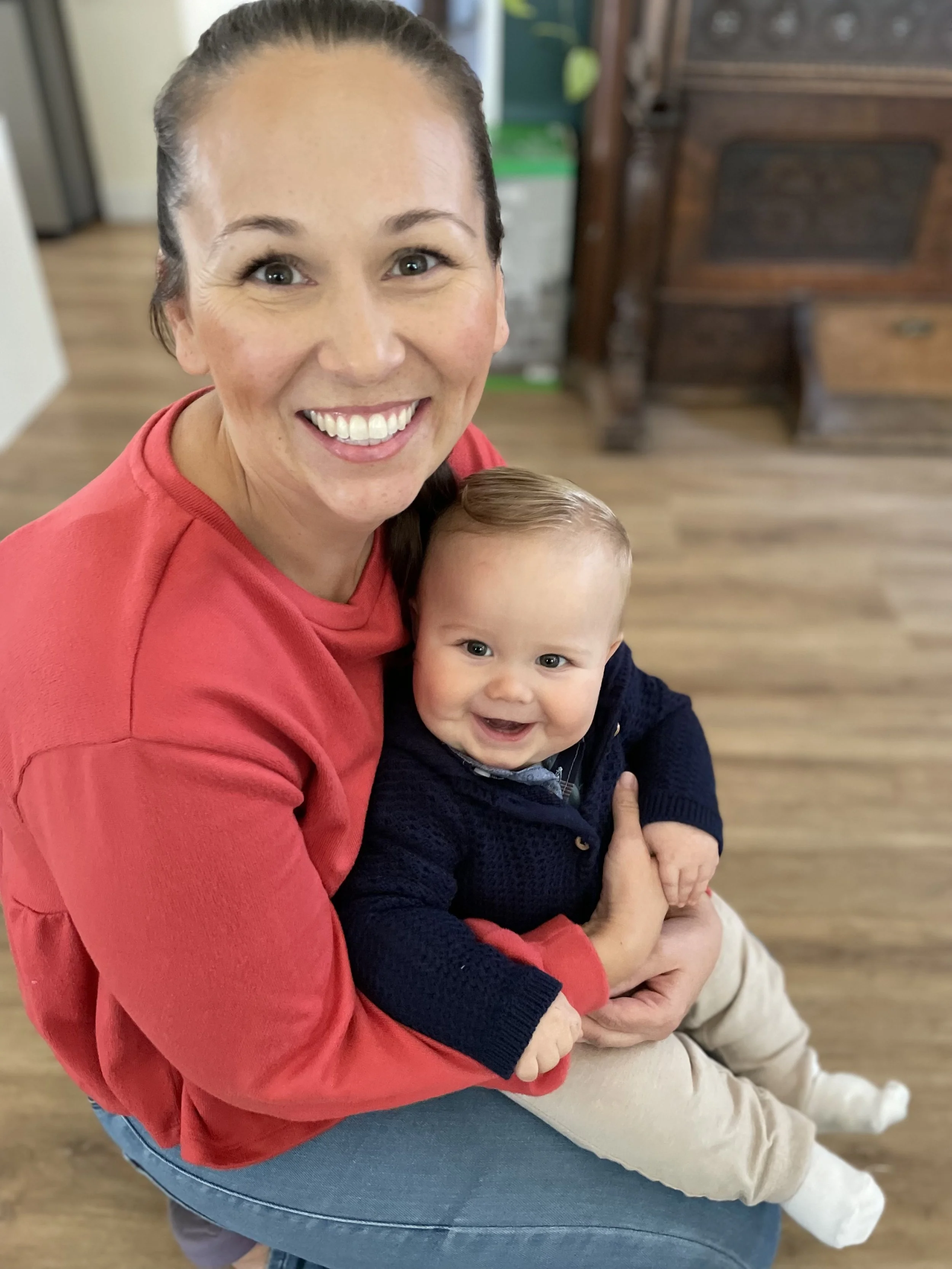
The healthcare system, motherhood, community and an Indigenous perspective
When Anne gave me the opportunity to share my thoughts on a blog post I wasn’t sure how to share my perspective and thoughts without getting too personal. So, I decided, I am just going to share it all, maybe it will help someone – maybe it will bring a different perspective– maybe it will bring reassurance to someone going through a similar situation? If it can help anyone in any way, I am going to share.


